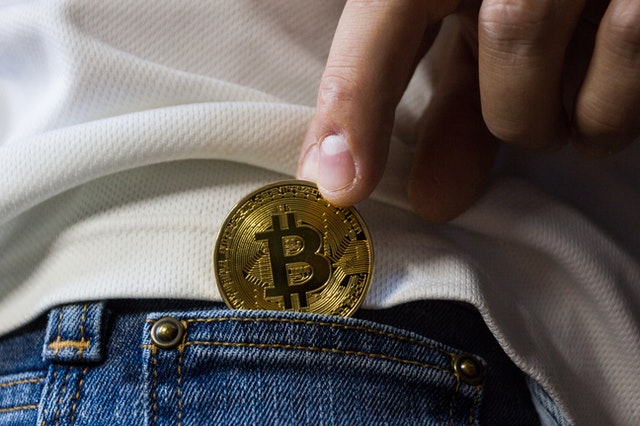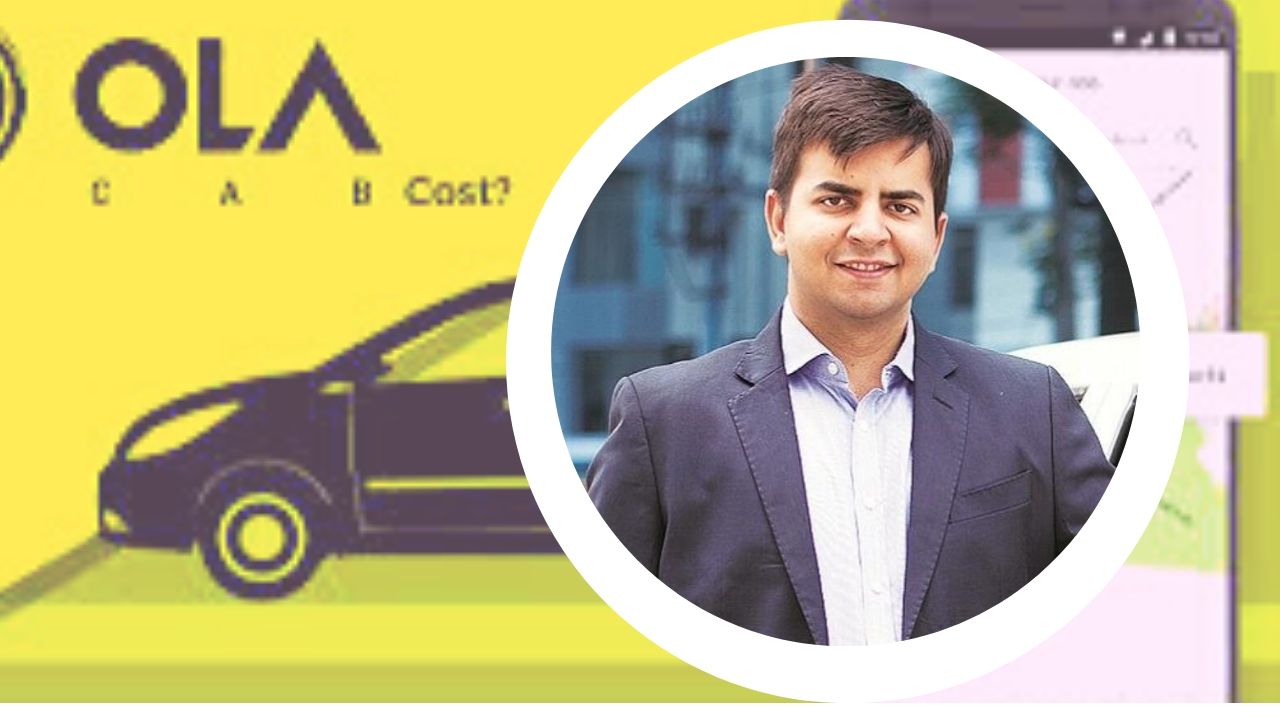Blockchain is among the fastest-growing technologies within the current business landscape. It is widely regarded as the technology behind cryptocurrency; today, Blockchain applications extend beyond finance and banking. In this blog, you’ll discover the significance of blockchain-related applications in the field of education.
Table of Contents
What exactly is Blockchain all about?
Blockchain refers to a ledger that is a decentralized database that has a “chain of blocks” to record information. The information can be linked to transactions, dates and times, information about participants, etc.
Although electronic databases have been in use for some years, the advent of blockchain technology has revolutionized the management and storage of data by allowing the security of all parties in the process. Traditional (centralized) records are more difficult to protect against loss and theft since the entire information is accessible in the exact location. In contrast, distributed ledgers maintain authentic and authentic copies of original data across different places. This makes data sharing along with maintenance more open and transparent.
Educational Blockchain Application
- Record keeping
Blockchain can help the administrative department of the institute to manage student records with no problems. Since all certificates and credentials are saved on a distributed ledger, intermediaries do not need to validate the academic documents, degrees or certificates, etc.
- Certificates and Courses
The Blockchain certification is among the most sought-after student records in the K-12 system and higher education.
This data is crucial in determining if a student can move from one level of academics to another. Transcripts also function as a badge to show achievement by displaying students’ marks across various disciplines. In the traditional education system, the records must be repeatedly signed and stamped by hand to ensure their precision. Blockchain applications, however, eliminate the need for these lengthy and labor-intensive procedures.
With Blockchain, users can access the complete, authentic documentation of academic and course achievements in only a couple of clicks.
- Accreditation
Like course content and the grades, the diplomas and degrees can be stored in the Blockchain. Employers do not require paper copies authenticated and stamped at the school. Instead, they’ll have access to an authentic digital copy by clicking the hyperlink.
Blockchain not only helps employers to verify their qualifications but also helps to prevent fraudulent degrees from being used to present.
Blockchain-stored diplomas are already on the market, with institutions such as MIT being the first to issue fake academic credentials as of 2017.
Another instance of use is accreditation. The authorities concerned can utilize blockchain-based applications to check the quality of education provided by a learning school.
- Fraud Prevention
Think about the scenario where an applicant applies with fake academic credentials and an interviewer selects him by his credentials. If the applicant is not skilled to perform the task, then the organization’s performance would be affected. Blockchain makes it possible to avoid such situations.
Hacking is a different danger in the management of data. Hackers can spot weaknesses within the educational systems, then alter and erase user data. However, if an institution adopts a blockchain to store all student data, there is no way to change the information without authorization to access the ledger online.
- Skill Badges
In addition to the typical work experience, an individual’s resume includes additional details such as technical skills, language proficiency, and co-curricular pursuits, for instance. This information isn’t easy to verify. However, third-party experts can ascertain a candidate’s qualifications by awarding an electronic badge or certificate.
The badges for digital skills can be saved on a blockchain to allow quick access. Open Badge Passport provides the best illustration of this portable and shareable application. Educational institutions, vocational organizations, educational companies, and associations are using this service to distribute micro-credentials that are digital format.
- Decentralized Online Learning
The learning institutions typically have distinct guidelines for their studies, which can lead to inconsistent course content. Students rarely can influence the curriculum they’re taught. They only attend lectures as passive students.
If blockchain technology is incorporated into the equation, there’s an increased chance to exchange data in real-time and interactions between teachers and students.
- Plagiarism Check
The instances of students presenting another’s research as their own are very commonplace in the world of academia. For example, when students are in college, they submit an idea for research or a final dissertation, it’s found to have been taken from the Internet. The result? The institute may revoke certifications and may even suspend the individual.
Blockchain technology means that digital content creators can limit the distribution of copyright material. Academic data is kept in a highly encrypted secure chain, and the network is accessible only to authorized users. Owners can check, monitor, and confirm and permit the use of their material in a secure manner.
- Better Online Platforms
Online learning platforms are highly sought-after projects of blockchain enthusiasts that want to revolutionize the educational space.
Here’s how the system could be implemented:
- Schools use blockchain-based applications to connect teachers and students.
- The study materials are available for sharing and online on the platform.
- Users can buy internal tokens to resolve doubts and feedback from tutors on standby.
- Educational materials can be downloaded for self-paced learning.
- Students can earn more tokens watching tutorials, interfacing with the content, or inviting users onto the platform.
As you can observe, education with Blockchain is easy, quick, and fun for all those who are.
- Newmarket for Digital Assets
The study institutions must engage in various financial transactions with parents, students, banks, and donors. This includes charging fees in processing payments, awarding scholarships, etc.
We talked about the possibilities of blockchain-based applications to tackle the problems of poor education and fraud in academics. The technology industry is witnessing tremendous advancements and promises a bright future!




